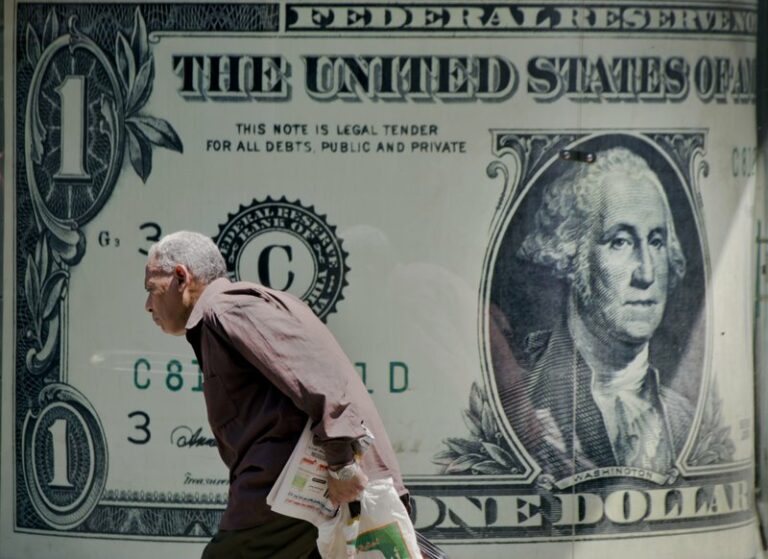In 2019, before the coronavirus pandemic hit and the U.S. economy crashed, median household income was the highest ever on record, but the number of U.S. residents without health insurance also increased, the U.S. Census Bureau reported Tuesday.
Median household income in 2019 was $68,703, an increase of 6.8% from the previous year. That figure surpassed past boom-before-the bust years in 2007, when it was $62,090 in 2019 dollars and in 1999, when it was $62,641 in 2019 dollars, according to the Census Bureau.
The poverty rate in 2019 was 10.5%, a decrease from 11.8% in 2018. It was the fifth consecutive annual decline in the national poverty rate, according to the Census Bureau.
The number of people without health insurance increased last year to 29.6 million residents, or about 9.2% of the U.S. population from 28.6 million residents, or about 8.9% of the population, in 2018. That was primarily due to a decrease in the number of people covered by Medicaid, which provides health coverage to low-income adults, children, pregnant women and people with disabilities.
Hispanics saw the greatest jump in the uninsured of any racial or ethnic group, going from 17.9% in 2018 to 18.7% in 2019. The percentage of non-Hispanic whites and Asians without health insurance grew by less than half a percentage point from 2018 to 2019, and there was no statistical change for Blacks.
Though the median household income in 2019 was the highest on record, the Census Bureau warned it may be difficult to compare with past years since there have been changes in the survey used to compile the data. The statistical agency also said there may have been an upward bias in the 2019 estimate because the survey took place in the early months of the pandemic, which forced the Census Bureau to suspend in-person interviews.
But even taking into consideration that bias, median household income in 2019 would have been 4.1% higher than it was in 2018, showing that the median household income last year was the highest on record, the Census Bureau concluded.
(AP)










